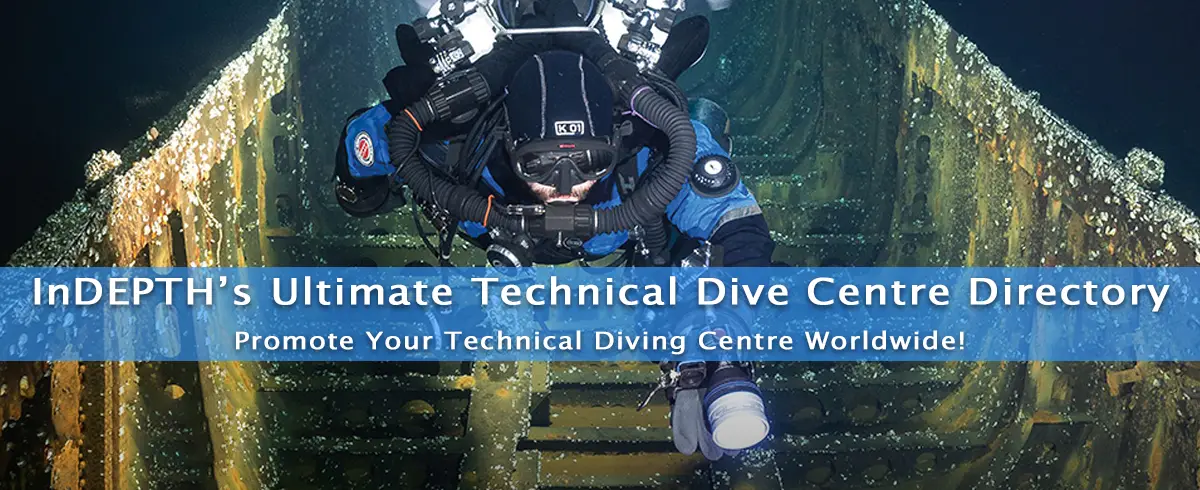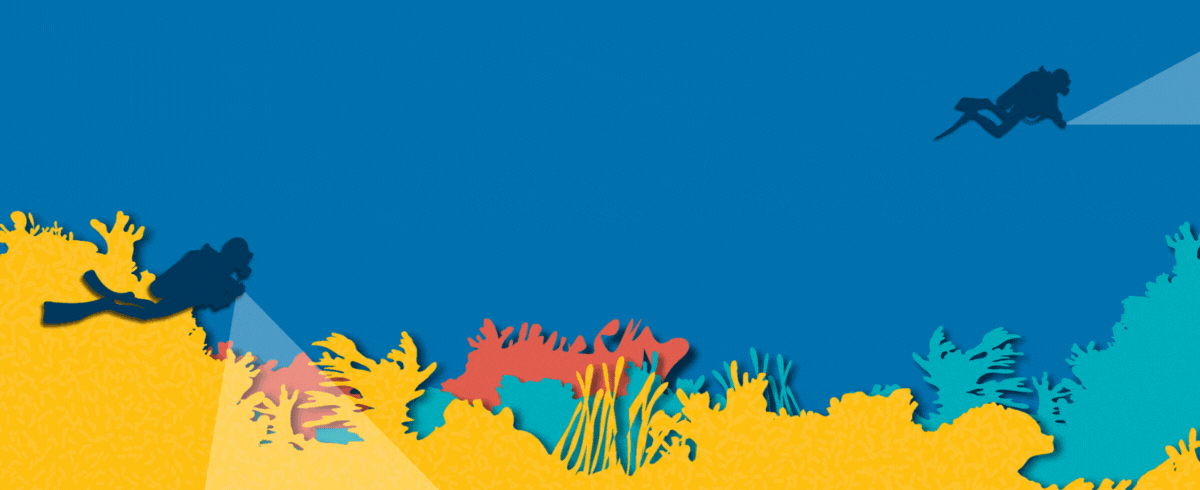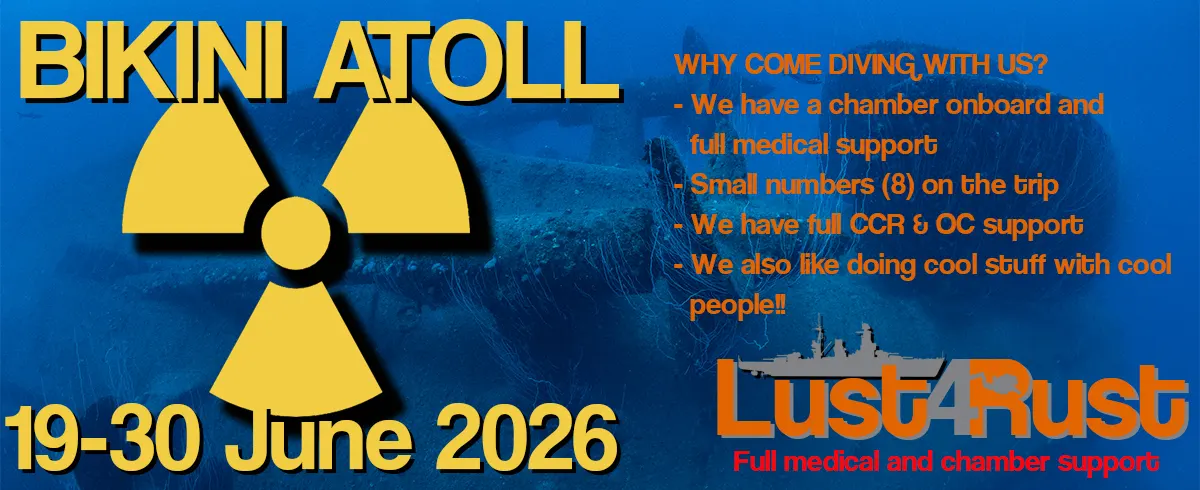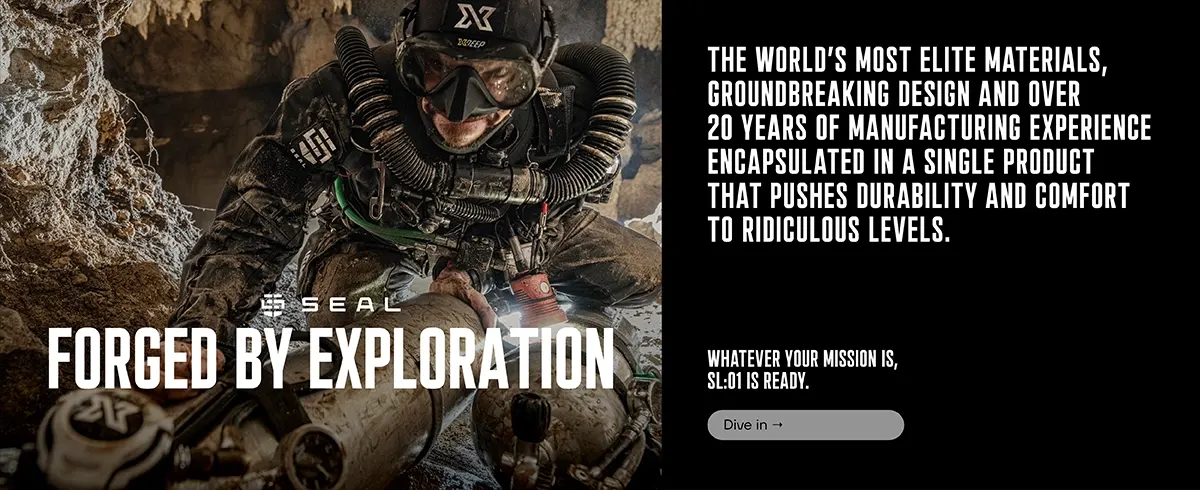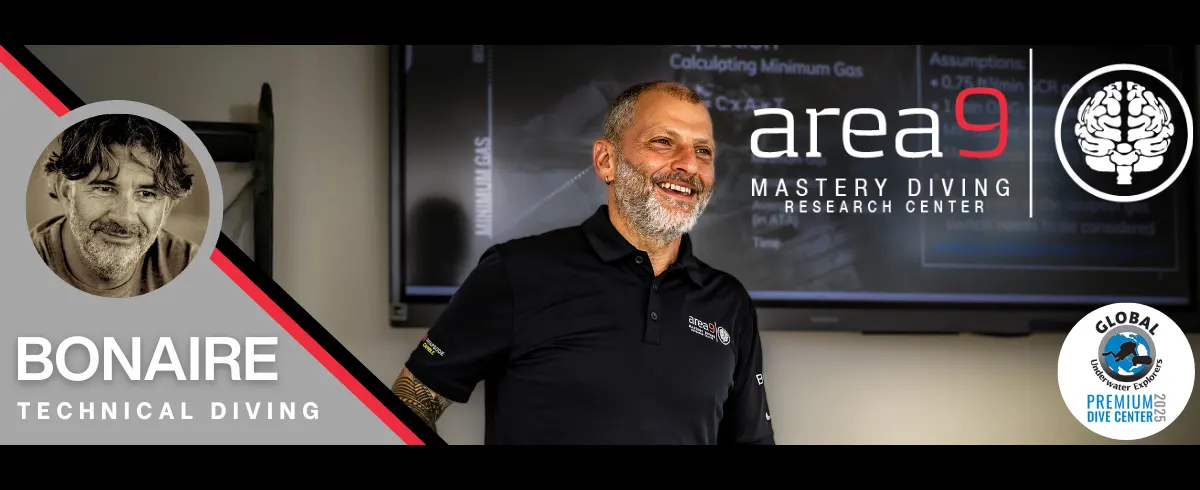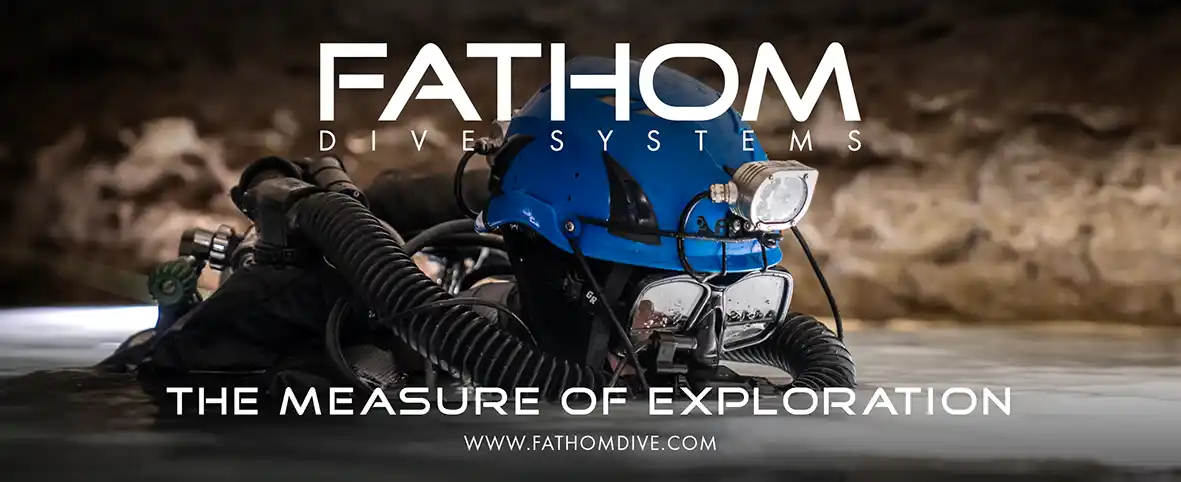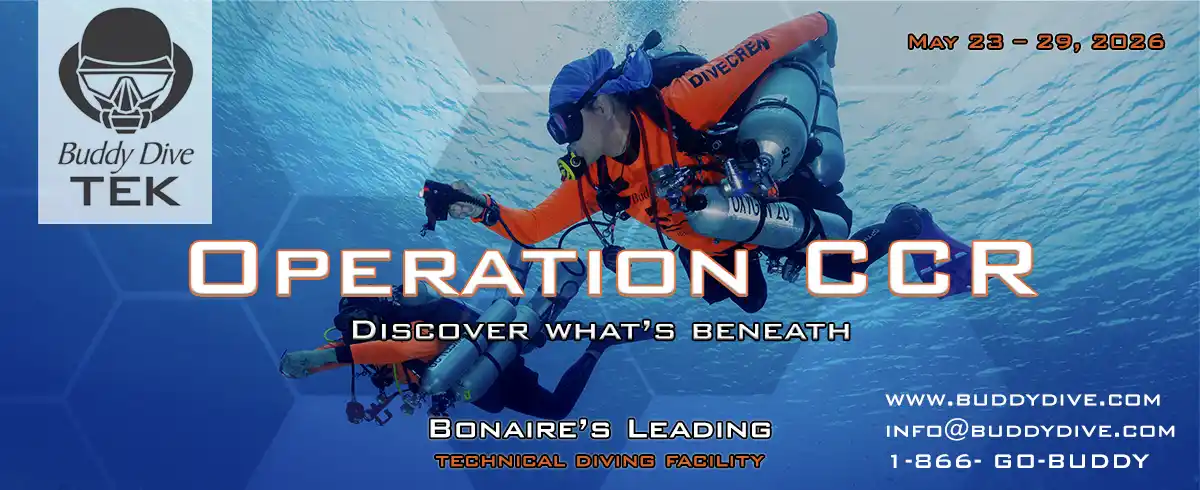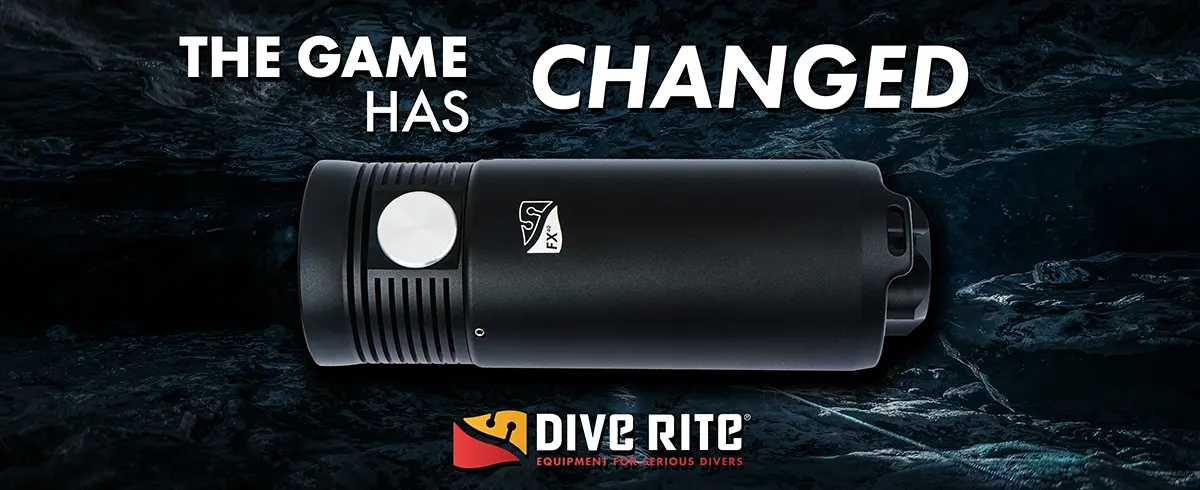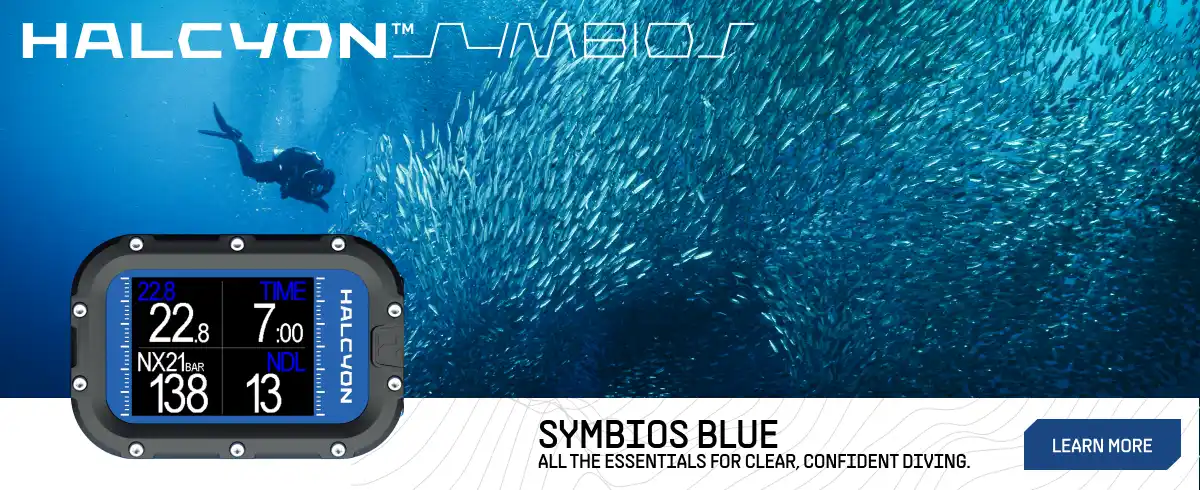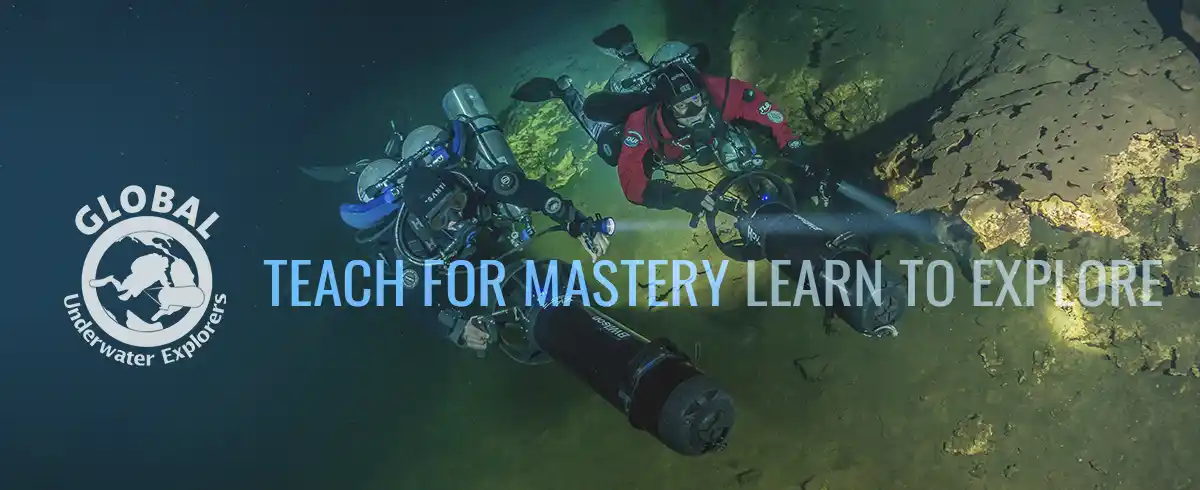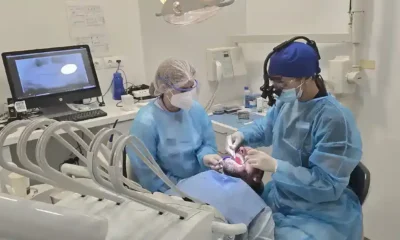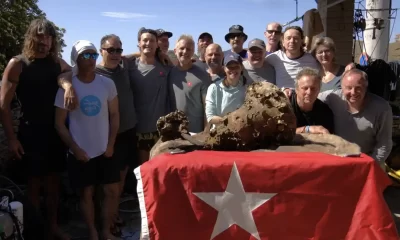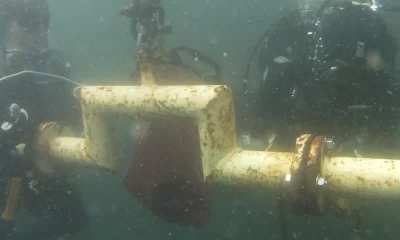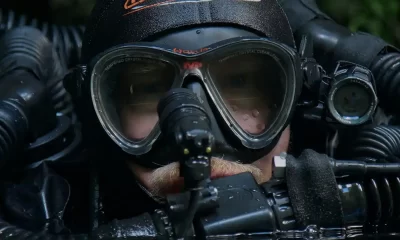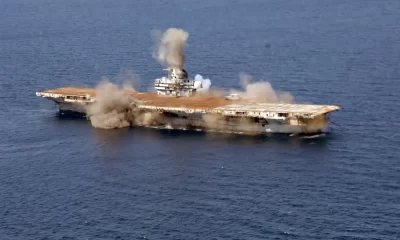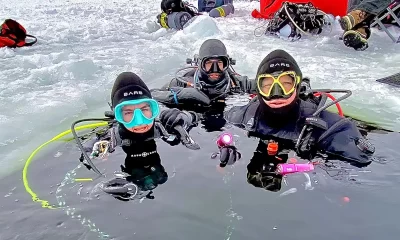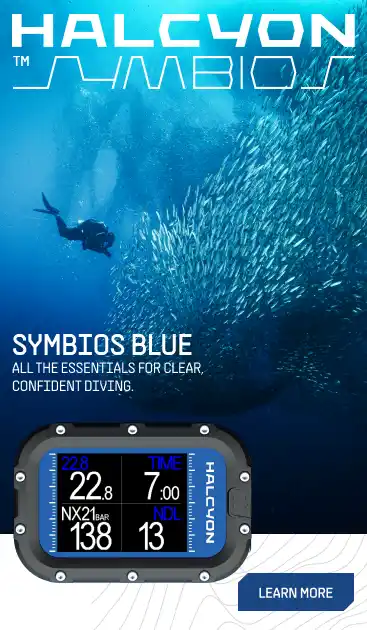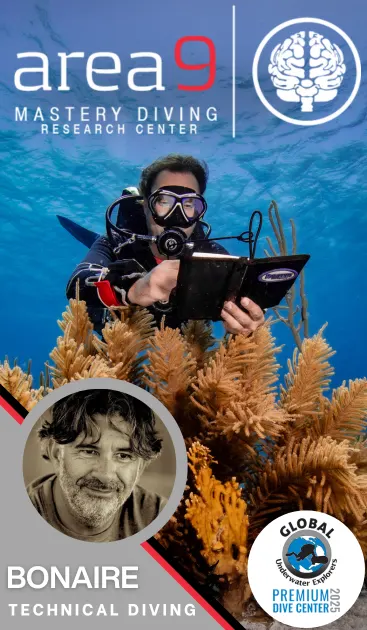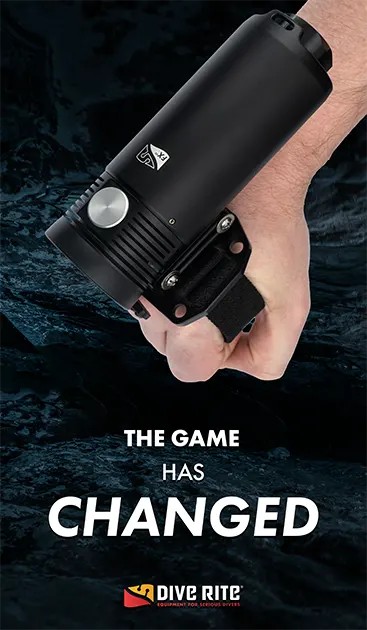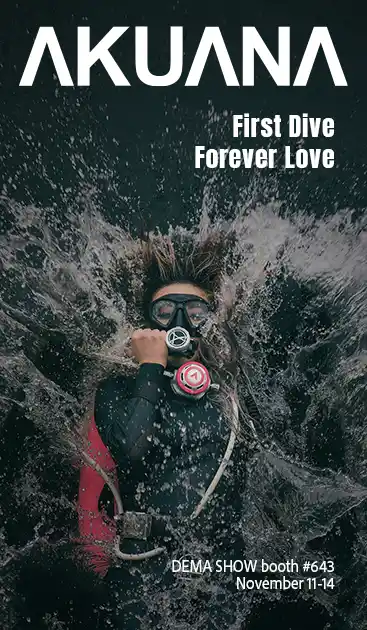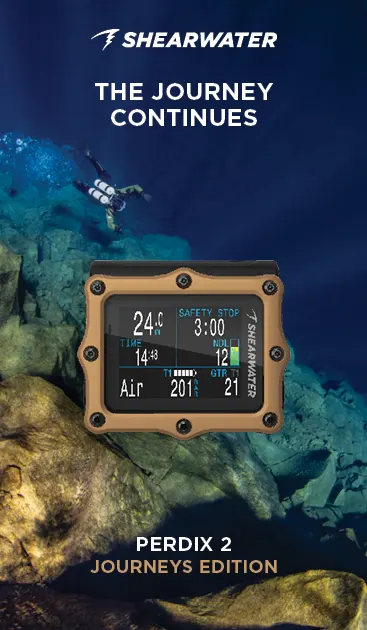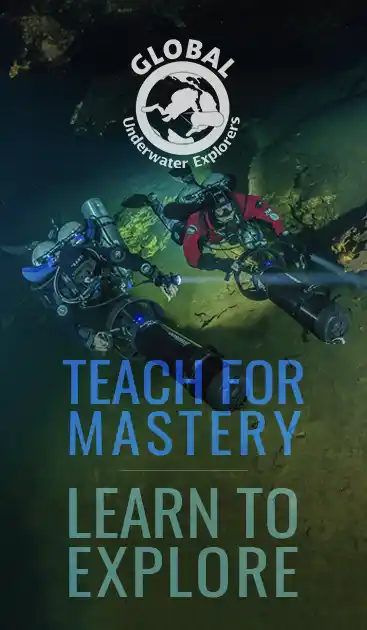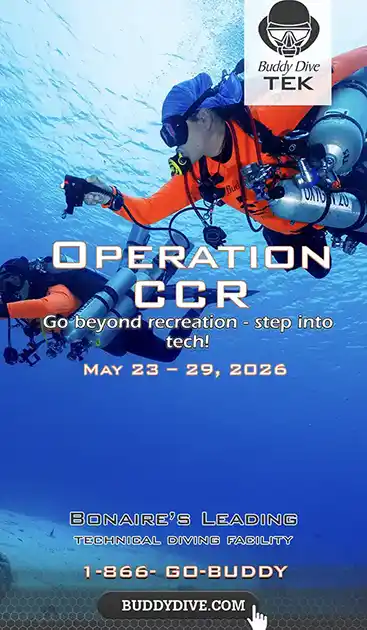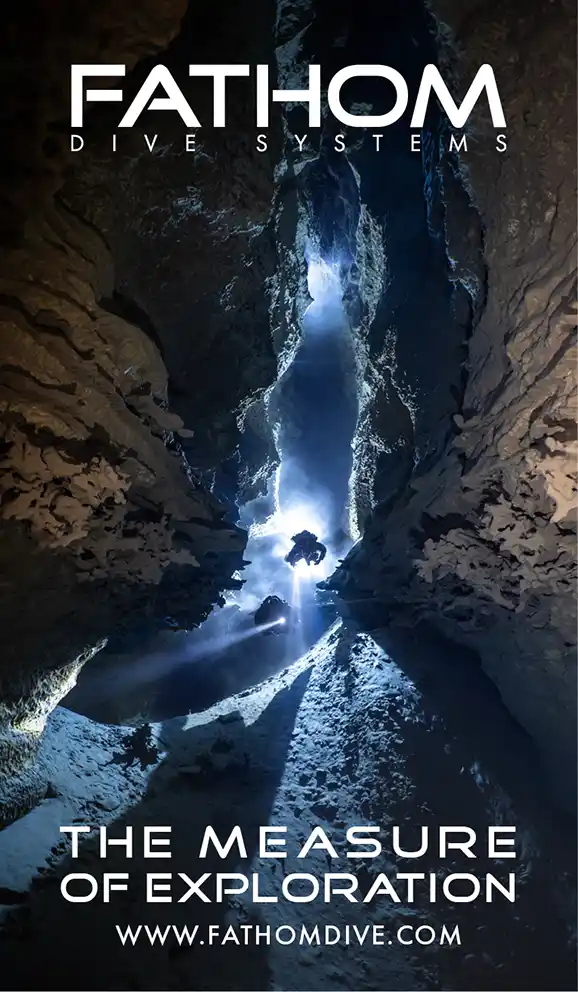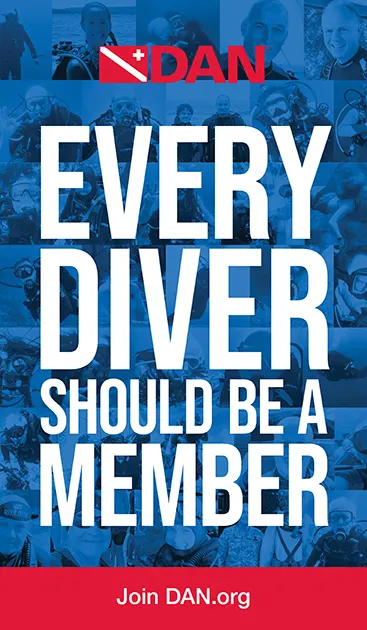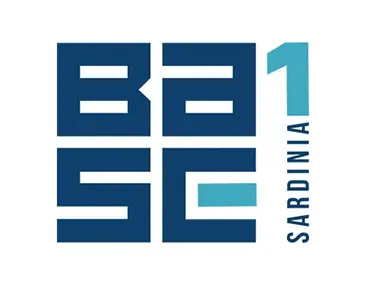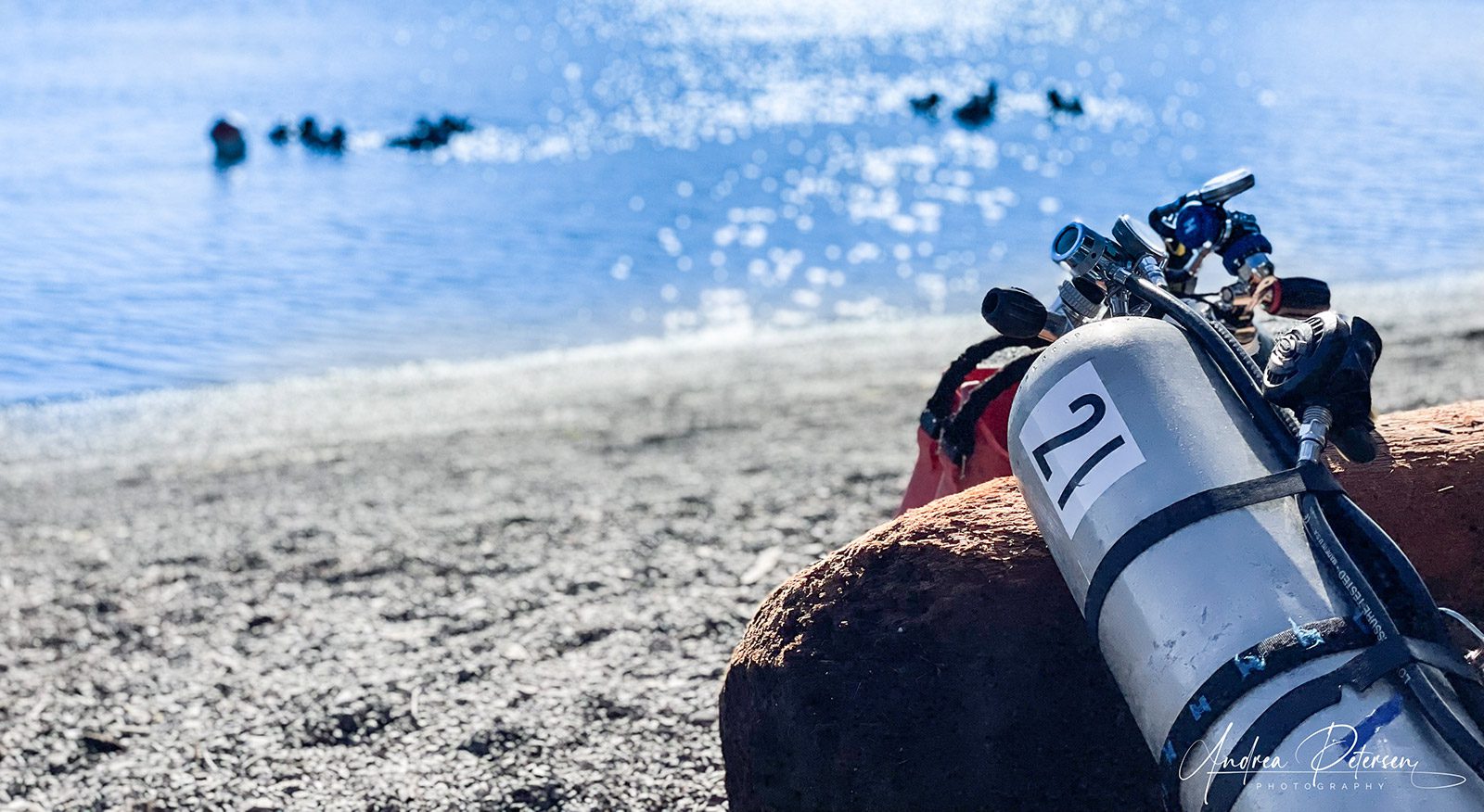
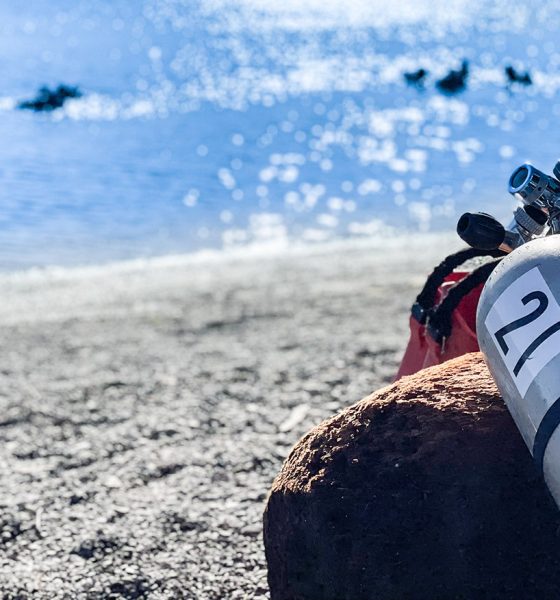
Community
Why It’s Okay To Make Mistakes
To err is human. To trimix is divine? Instructor evaluator Guy Shockey examines the importance of learning through one’s mistakes, and most important, being willing to admit and share them with others, especially for those in leadership positions. It’s the only way to create ‘psychological safety” within our community and improve our collective diving safety and performance. Wouldn’t that be divine?
By Guy Shockey. Images by Andrea Petersen
A few months back, I read an article about a club where members talked about failure and making mistakes. This club required that members freely discuss their mistakes and failures without fear of judgment. The goal was to destigmatize failure and recognize that we learn by making the very mistakes we are afraid to talk about! Moreover, to become truly high performing and develop unique and creative solutions to problems, the article argued that we needed to be free of the worry of failing—to understand that “to err is human.”
The article went on to mention that for high performing teams to be successful, they needed to operate in an environment of “psychological safety.” This term was originally coined by Harvard professor Amy Edmondson, and Gareth Lock has written about the concept extensively. In his work with The Human Diver, Lock identifies psychological safety as a key component primarily missing in our diving culture. As a full-time diving professional and someone who delivers The Human Diver programs, I couldn’t help but reflect on the failure-destigmatizing club in the context of our diving culture in general and, more specifically, dive training.
Consider the humble Roomba robot vacuum cleaner. The Roomba learns how to clean a room by bumping into nearly everything in the room and, with some nifty software, creates a “map” of all the “vacuumable” space in the room. Then, it goes about its business efficiently and repetitively cleaning the room. The Roomba has learned by making multiple mistakes—much like humans do.
Now imagine being able to transfer that new “map” from one Roomba to another so a new Roomba doesn’t have to repeat the mistakes of the first as it sets out to vacuum the room. Finally, imagine this transfer of data to be less-than-perfect—perhaps, occasionally, the new Roomba will make some mistakes (from which it will learn). But it will make far fewer mistakes than the original Roomba had to make.
I’m sure you can see where I’m going with this. Humans learn the same way Roomba vacuums do (hopefully without running into as many hard surfaces), and we can transfer information between each other. Because the transfer process is less than perfect, we still make some of the same old mistakes. This is particularly interesting because, despite drawing specific and repeated attention to these common errors, students often still make the same errors! One of the most important parts of instructor training is educating future instructors to recognize where these common mistakes will occur and encouraging them to ramp up to being hyper-vigilant rather than regular-vigilant.

Learning Through Mistakes
One way we learn is by making mistakes, talking about them, and sharing the experience in the hopes that future divers don’t have to make the same ones. At its core, this is the very essence of learning. Incidentally, this is also what makes experience such an important characteristic of a good teacher. The more experience the educator has, the more mistakes they’ve made and, consequently, the more information they can transfer. Fear of owning our mistakes keeps us from learning from them; perhaps more importantly, it means that others will miss out on these important lessons.
Yet, in diving culture, we (for the most part) shy away from discussing the mistakes and errors we (hopefully) learned from for fear of being considered a less than capable diver. When divers in influential or leadership roles do this, it is a tremendous loss for the diving community in general—it robs future groups of divers of the opportunity to learn. Sadly, because this commonly happens at the leadership level, it is hardly surprising that other divers further down the line copy that behavior, and we ultimately end up with a diving culture that emulates the example of the leadership.
I advocate for taking the opposite approach. In my teaching, I am very open about the mistakes or errors I have made while diving. I recognize that I am basically a smart Roomba, and I learn by making mistakes. Thus, it would be disingenuous to pretend that I don’t make mistakes—I had to learn somewhere! I believe this approach lends authenticity to my instruction and starts to create psychological safety in my classes. Ultimately, my goal is to encourage students to recognize that, “If the instructor can admit they make mistakes, then it is okay to talk about the ones our team made during the training dive.”
I have found that there is a remarkable change in the relationship between student and instructor when this happens. Learning becomes more of a collegial activity, and stress and performance anxiety significantly decrease. This leads to more successful learning outcomes and happier students. I am a firm believer that, while training can be serious, it should also be fun!
Creating Psychological Safety
Creating psychological safety in our diving culture is a daunting task, but every flood begins with a single raindrop. The first thing that needs to happen—at all levels—is an acknowledgement of failures and mistakes among those in positions of influence and leadership. Sadly, this is not as easy as it sounds, and there is frequent pushback. Ego is one of the most dangerous aspects of a personality and it frequently causes people to overreach, crippling growth and learning. The irony here is that every single one of us has made a mistake. We all understand that no one is perfect, yet many in leadership positions cling to the view that vulnerability is weakness—that demonstrating imperfection will cause others to stop trusting them (or revering them).
I propose that the opposite is true. I should also note that I believe every dive professional is acting in a leadership role. This means that, while creating psychological safety can best be started by those in senior leadership roles, it must also be encouraged at all levels of leadership, including anyone in supervisory or teaching roles. In a perfect world, every diver would embrace this approach and enable psychological safety within their team.
There are a few things you can do to help develop psychological safety. First, facilitate a debrief at the end of the dive and begin with “something that I as the leader did wrong or could have done better was…” This immediately creates fertile soil for psychological safety to flourish. When the leader is the first person to say, “I made a mistake,” it establishes that this is a safe place to discuss mistakes and errors with the intention of learning from them. This opens the door to follow-up discussions.
On the subject of transparency, in any organization it is often the voice of dissent—a contrary position—that is the most valuable. This voice causes the group to reflect on original assumptions and decisions and offer a perspective that “groupthink” does not. This means that we need to be open to different solutions to problems lest we be blinded by our own cognitive biases—ones that have been developed over thousands of years of evolution in order to make us more efficient Roombas.
We are essentially fighting against our own brains, and it takes a significant amount of effort to think outside the box. We are hard-wired to think in terms of “evolutionary” rather than “revolutionary” ideas, and we need to make a conscious effort to consider the voice of dissent and understand why it is so hard to do so.

In Conclusion
In psychologically safe environments, we experience a significant increase in “discretionary effort,” or shifts on the “need to do” and the “want to do” curves. If a team has a high degree of psychological safety, they are motivated to perform higher than the minimum standard. If you create a high degree of psychological safety, your team will perform better as a result.
This is where it all comes full circle. We want our dive teams to perform at a high level. We want them to have a high degree of discretionary effort. We want them to embrace our “commitment to excellence.” Therefore, we must be the ones to create the psychological safety necessary to facilitate this growth.
One of the most effective things you can do as a leader is to be open and willing to share that, in the end, you are human too. You make mistakes, you admit to them, you learn from them, and you share them with others so they can learn too.
One of the most effective things you can do as a leader is to be open and willing to share that, in the end, you are human too. You make mistakes, you admit to them, you learn from them, and you share them with others so they can learn too.
DIVE DEEPER
Other stories by Guy Shockey:
InDEPTH: Reflections on Twenty Years of Excellence: Holding The Line (2019)
InDEPTH: Situational Awareness and Decision Making in Diving (2020)
InDEPTH: The Flexibility of Standard Operating Procedures (2021)
InDEPTH: How to Become an Explorer: Passion, Partnership, and Exploration (2022)
InDEPTH: Errors In Diving Can Be Useful For Learning— ‘Human Error’ Is Not! by Gareth Lock
InDEPTH: Learning from Others’ Mistakes: The Power of Context-Rich “Second” Stories by Gareth Lock

Guy Shockey is a GUE instructor and instructor trainer who is actively involved in mentoring the next generation of GUE divers. He started diving in 1982 in a cold mountain lake in Alberta, Canada. Since then, he has logged somewhere close to 8,000 dives in most of the world’s oceans. He is a passionate technical diver with a particular interest in deeper ocean wreck diving. He is a former military officer and professional hunter with both bachelor’s and master’s degrees in political science. He is also an entrepreneur with several successful startup companies to his credit.

